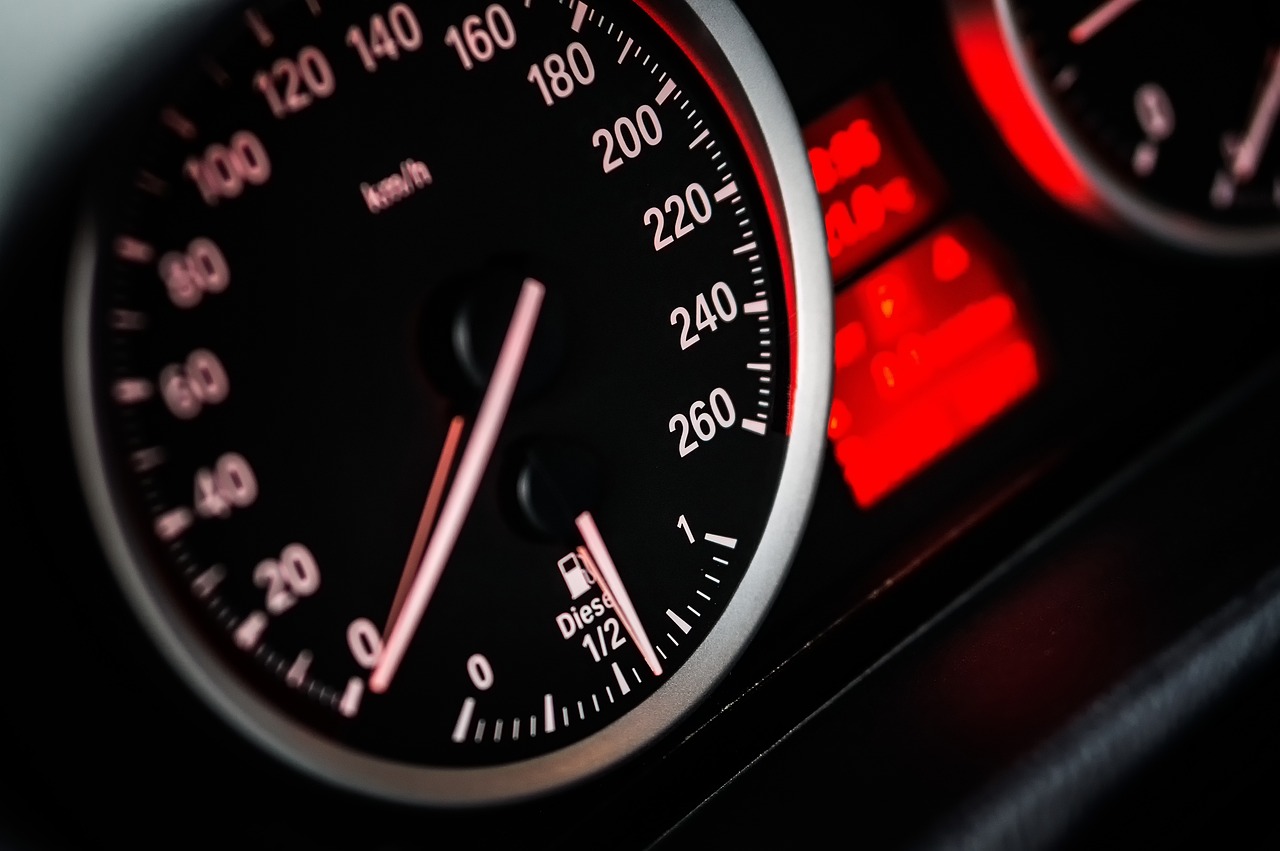
APEC Advances Sustainable EV Supply Chain to Boost SME Integration into Global Markets

Arequipa, Peru | May 2024 – The Asia-Pacific Economic Cooperation (APEC) is making significant strides toward creating a more sustainable electric vehicle (EV) supply chain, with a focus on future transportation development and ensuring that micro, small, and medium-sized enterprises (MSMEs) can integrate into this growing industry. Peru's Minister of Production, Sergio Guerrero, emphasized during the Automotive Dialogue in Arequipa that the Peruvian government is committed to fostering innovation, technology transfer, and increasing opportunities for SMEs to participate in global trade.
Minister Guerrero outlined policies being developed to help businesses adhere to high-quality standards in production, which will enhance their competitiveness. He highlighted the importance of public-private exchange platforms in shaping and implementing automotive industry policies, contributing to regional industrial integration and growth.
The Automotive Dialogue is a unique forum where government officials and industry leaders come together to share the latest developments in the Asia-Pacific automotive sector, aiming to boost competitiveness and regional cooperation. As the shift toward electrification and energy transition accelerates, demand for copper—a key material in lithium batteries—has surged. Peru, the world's second-largest copper producer, is expected to produce 3 million metric tons of copper this year.
Luis Garcia, Co-Chair of the Automotive Dialogue, emphasized that this year's discussions focused on enhancing the competitiveness of SMEs and building their capacity to integrate into APEC’s supply chains. He noted that fostering inclusive supply chain development will promote economic growth while reducing dependence on single suppliers or regions, thereby increasing flexibility and resilience in the supply chain.
Karsten Kunckel, Industry Co-Chair of the Automotive Dialogue, added that Peru's automotive industry plays a vital role in the country's economy by creating jobs, facilitating technology transfer, and attracting investment. However, modernization efforts are needed, supported by public policies, to mitigate issues such as environmental pollution, traffic accidents, and congestion caused by increasing vehicle growth.
The APEC Business Advisory Council (ABAC) also highlighted the importance of collaboration among member economies to address decarbonization in the transportation sector and strengthen the EV supply chain, particularly in meeting the rising demand for critical minerals.
Translation source: APEC Drives Toward a Sustainable Electric Vehicle Supply and Value Chain | APEC

